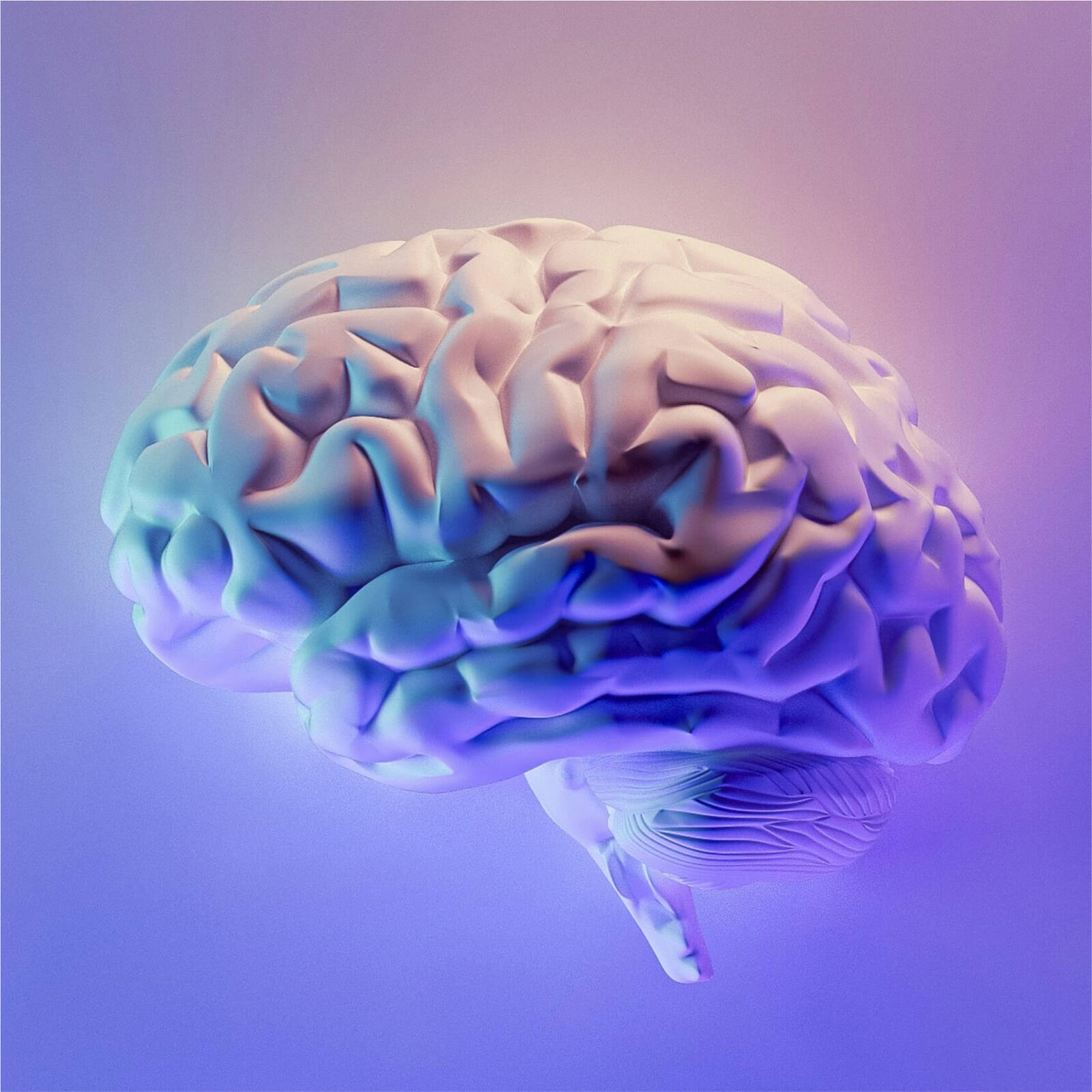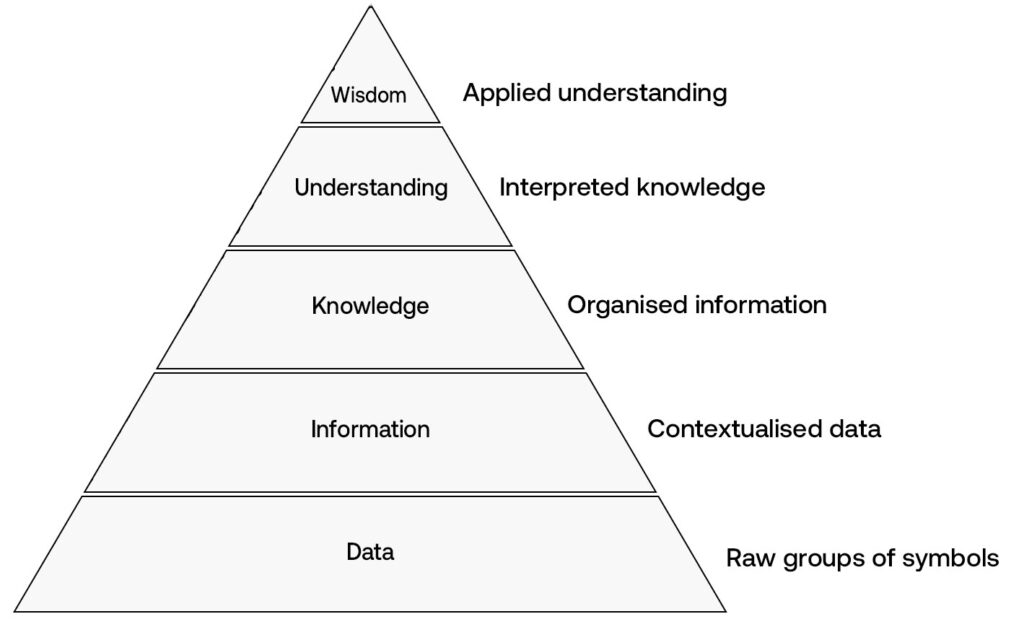by Satalia Team
3 August, 2017
Data-driven decision making: Introducing the DIKUW hierarchy

You do not need me to preach the importance of data-driven decision-making; that’s been done by a raft of articles, seminars and management meetings. But are you really taking action, and making full use of the data at your disposal?
For us to help you, it’s vital to first understand the hierarchy that exists within data science, specifically the complex relationship between data, information, knowledge, understanding and wisdom. We call this the Satalia AI (DIKUW) Pyramid. We use it to explain the steps to properly get to better decisions. Let’s get started.
The Satalia AI (DIKUW) Pyramid

The DIKUW pyramid can help your organisation be more adaptable and thus more intelligent.
It breaks down data-driven decisions into a component hierarchy, helping determine what can be automated, what could use AI, and what should have a human in the loop.
Starting at the bottom and moving up, you’ll see how each layer builds on the one below. We use the pyramid to take the underlying complexity and put it into perspective. We create a roadmap from simple data to automated decisions: how organisations can actually use AI.
Data
A common misunderstanding is that data is information, but there are important differences between the two. Data is the plural of datum, which translates from the Latin as “something that is given”. In computer science, data is the quantities, characters, or symbols on which operations are performed.
Information
To move from data to information, we need to contextualise or interpret the data. The group of symbols, “19840617”, is data. Only when it is given context does it become information. The symbols (data) that is “19840617” could be an account number, a date of birth (1984-06-17), or how much money someone has in their bank account (£198,406.17).
Turning data into information is challenging and fraught, but is increasingly important in our data-rich yet information-poor world.
Knowledge
Plato described knowledge as “justified true belief”. I think of knowledge as information that is uncertain. To add certainty, we can:
- classify (or cluster) information
- extrapolate (or estimate) information
- associate (or relate) information
and by doing so, we turn uncertain information into knowledge.
These and the many other techniques all have decades of research and detail behind them. Academia rapidly produces significant advances. When new mathematical algorithms are applied to vastly more data and less expensive computing, we get results that were previously impossible.
Understanding
Moving from knowledge to understanding is, I think, the most challenging. Where knowledge collects and represents information, understanding explains correlations and patterns. This helps us make sense of the knowledge to gain insights and understanding we didn’t previously have.
Wisdom
Finally, we have wisdom. Philosophy comes from the Greek and means “the love of wisdom”, and wisdom is the ability to extract value from our understanding. Value usually comes from better decisions and better outcomes, based on understanding. We can see that by now looking at down the pyramid:
To gain wisdom, we extract value from understanding, which comes from algorithms that model the problem and the knowledge, which depend on mathematical techniques for working with information and data.
Conclusion
If you don’t understand the differences – and the relationships – between data, information, knowledge, understanding and wisdom, you’re likely to have a rough road with AI. We use the Satalia AI (DIKUW) Pyramid as part of our data readiness assessment, because it can help identify where AI is likely to be successful. It’s also essential for managing stakeholder expectations. If a given task only needs information to make a decision (for example determining whether someone is eligible for something based on their age) then the AI and automation can stop there. Equally, knowing that 19840617 is someone’s birth date and therefore their birthday is next week, and therefore you need to buy a gift, may be the height of wisdom.
Stay in the know
Join our community now for the latest industry news, trends, valuable insights, and updates on our products and services.


